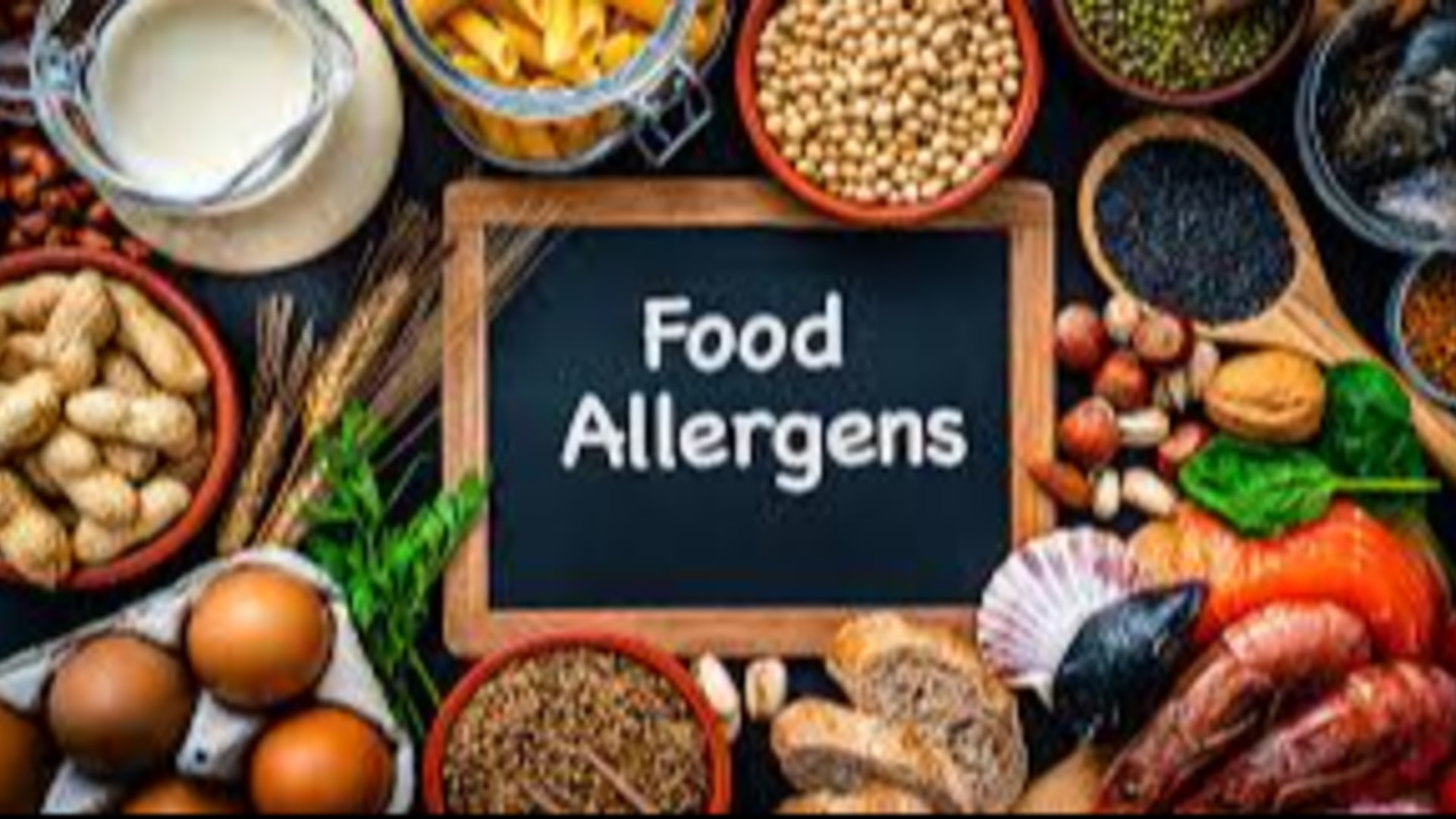Unlocking access to mental health support for families battling food allergies: A global view
Did you know that millions of people living with food allergies also face emotional struggles that often go unnoticed? A recent global study has shed light on just how challenging it can be for both patients and caregivers to manage not only the physical but also the mental toll of food allergies.
A Deeper Look into the Study
Researchers from around the world—including Dr. Linda Herbert, Ph.D., from Children’s National Hospital—teamed up to explore the emotional and psychological side of living with food allergies. The study included nearly 3,200 participants (1,907 caregivers and 1,329 adults) from 10 countries, making it one of the largest studies of its kind.
What they found was eye-opening:
- Only about 22% of participants had received any mental health treatment related to their food allergies.
- Most who did get help said therapy, especially cognitive-behavioral therapy (CBT), was useful.
- However, many felt that their mental health professionals lacked proper food allergy expertise—a critical gap in care.
Satisfaction levels varied globally. Caregivers in Portugal and the UK felt better supported, while those in Brazil and Germany were less satisfied. Similarly, adults in Spain, Italy, and the US reported more positive experiences than others.
Why This Matters
Living with a food allergy means constant vigilance—checking labels, avoiding certain foods, and worrying about cross-contamination. This can create ongoing anxiety, stress, and even social isolation. Despite these real challenges, mental health care for this group remains underdeveloped worldwide.
Dr. Herbert’s team at Children’s National has been pioneering this field. Their Division of Allergy and Immunology was one of the first in the U.S. to integrate psychological research into allergy care—an approach that’s now gaining international traction.
What’s Next: A Ray of Hope
The good news? This global research has laid the foundation for a groundbreaking new program called FACETS (Food Allergy Coping, Empowerment, Tools & Support). It’s a free online mental health resource tailored specifically for food allergy patients and their caregivers. The pilot phase will launch soon, aiming to make expert psychological support more accessible than ever before.
As Dr. Herbert put it, “We’ve been wanting to offer a mental health treatment program for food allergy patients for a long time, and we’re thrilled to finally be developing one based on real-world global insights.”
Final Thoughts
This study is a powerful reminder that managing food allergies goes beyond avoiding certain foods—it’s also about emotional resilience and mental well-being. With more awareness and programs like FACETS, the future looks a little brighter for those navigating life with food allergies.
#FoodAllergyAwareness #MentalHealthMatters #GlobalHealth #FACETSProgram #HealthNews
